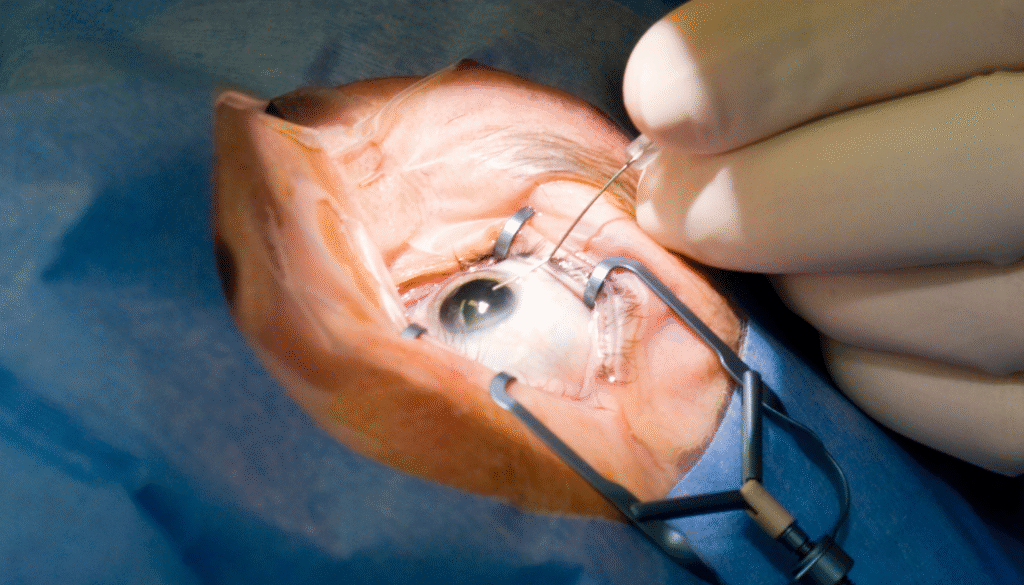
Cataracts cause clouding of the eye’s natural lens, blocking light and preventing clear vision. This leads to mild, moderate, or even severe blurred vision. Pre-surgery eye evaluations allow doctors to detect cataracts early and track their progression.
Cataracts are most often related to aging. More than half of Americans over 80 have cataracts or have had vision restoration surgery. Other risk factors include diabetes, smoking, and excess UV exposure.
At Barnes Talero EyeCare in Nashville, we carefully check your lens during exams. If cataracts interfere with your daily vision, we provide cataract surgeon referrals and stay with you through co-managed eye surgery care.
Surgery is the only known treatment for cataracts. During vision restoration surgery, the clouded lens is removed and replaced with an artificial intraocular lens. These cataract lens implants restore transparency and focus light clearly onto the retina.
The procedure is done by an ophthalmologist in a surgical center or hospital. Local anesthesia, either topical or injection-based, keeps patients comfortable. Over 90% of cataract surgeries are successful, with quick healing and improved sight.
Modern cataract surgery uses a small incision technique called phacoemulsification. This allows for faster recovery, less discomfort, and high success rates worldwide.
ing elit. Ut elit tellus, luctus nec ullamcorper mattis, pulvinar dapibus leo.
At Barnes Talero EyeCare, we support patients before and after surgery. Our role in eye health co-management includes thorough pre-surgery eye evaluations and detailed post-cataract follow-up visits. We monitor your healing and provide post-operative eye care to ensure the best outcome.
Every patient receives a personalized cataract recovery plan. This includes guidance on eye drops, activity limits, and follow-up scheduling. By working closely with your surgeon, we ensure a smooth transition from diagnosis to recovery.
It means your optometrist works with a surgeon to provide pre-surgery eye evaluations and post-operative eye care.
Temporary glare, halos, or mild dryness are the most common short-term complaints.
Most patients resume normal activities within a few days, following their cataract recovery plan.
It’s coordinated care where your surgeon and optometrist follow shared guidelines for surgery and follow-up visits.